New book launched on groundwater in Northern Ireland
BGS and the Geological Survey of Northern Ireland (GSNI) have launched a new book and map on Northern Ireland’s groundwater.
30/10/2023 By BGS Press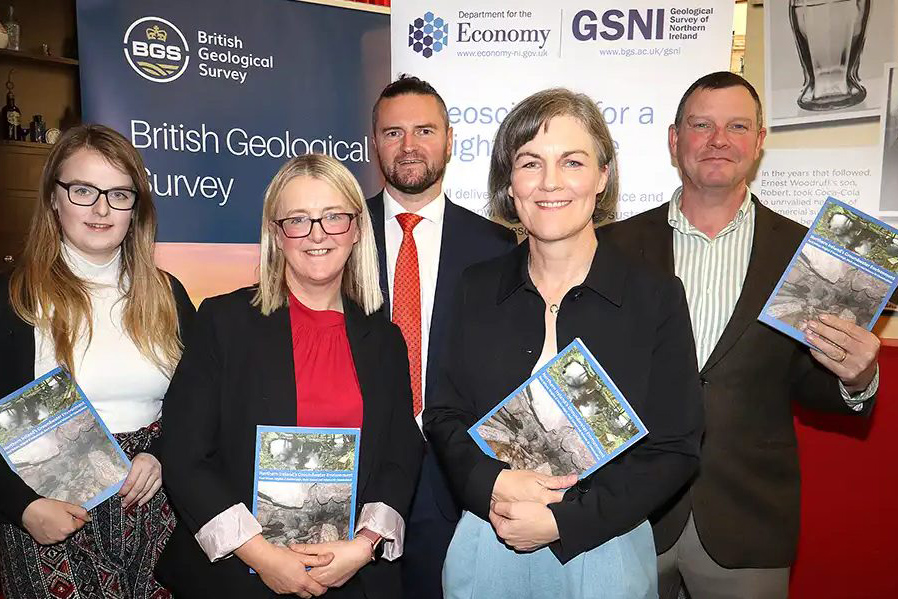
On 18 October 2023, the Geological Survey of Northern Ireland (GSNI) launched a new book and digital aquifer map, ‘Northern Ireland’s Groundwater Environment’, alongside BGS.
Groundwater is the water that is present beneath the land surface in pore spaces and fractures in rock. The book presents a regional overview of the current understanding of Northern Ireland’s groundwater environment, hydrogeology and groundwater resources.
A new digital aquifer map of Northern Ireland has also been released alongside the book. The map contains 11 different aquifers (bodies of groundwater); each aquifer has different characteristics such as how groundwater flows through it and the groundwater chemistry.
It’s wonderful to finally launch this book and map. Northern Ireland has some excellent groundwater resources that we get to showcase in the book and map, which will continue to support our society and economy. We anticipate that these products will support a new wave of groundwater development that will benefit Northern Ireland and the UK.
Paul Wilson, BGS Hydrogeologist.
BGS Hydrogeologist Paul Wilson and Brighid Ó Dochartaigh, BGS Senior Hydrogeologist, co-wrote the book with Dr Mark Cooper, GSNI Chief Geologist, and Rebecca Ní Chonchubhair, GSNI Hydrogeologist.
The book aims to help stimulate further interest in groundwater as a critical natural resource that used for public and private water supply. It also provides support for further development of groundwater resources in Northern Ireland, including new groundwater and geothermal energy supplies, and improved hydrogeological risk and environmental impact assessments for new developments.
Relative topics
Related news
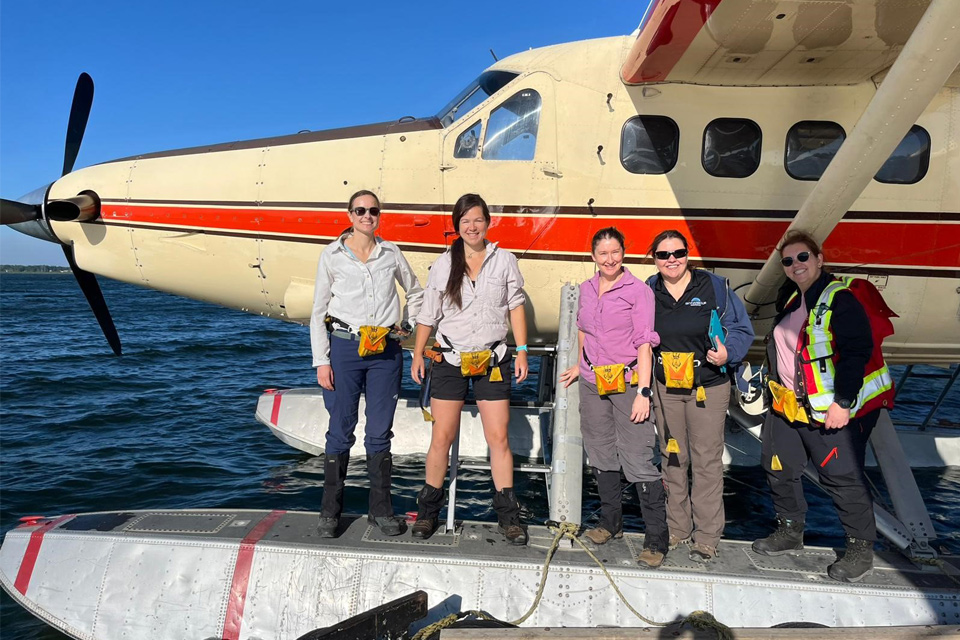
Funding awarded to UK/Canadian critical mineral research projects
08/07/2025
BGS is part of a groundbreaking science partnership aiming to improve critical minerals mining and supply chains.
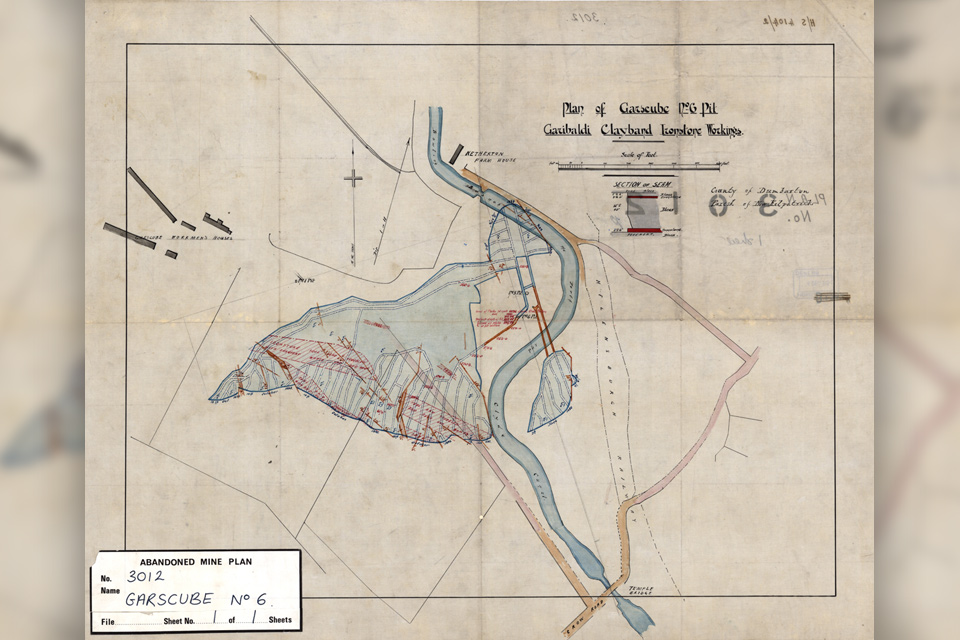
Release of over 500 Scottish abandoned-mine plans
24/06/2025
The historical plans cover non-coal mines that were abandoned pre-1980 and are available through BGS’s plans viewer.
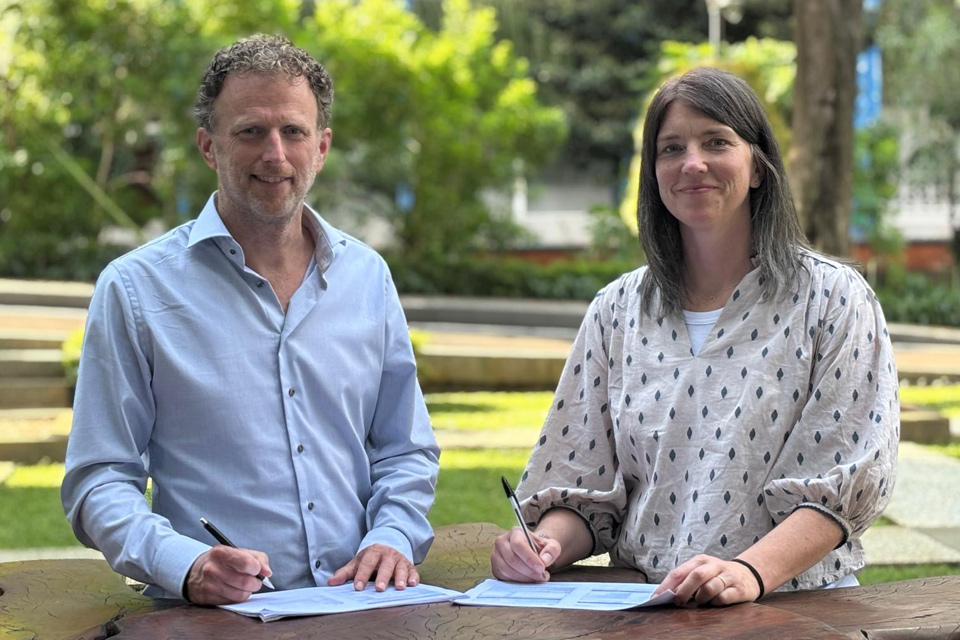
New collaboration aims to improve availability of real-time hazard impact data
19/06/2025
BGS has signed a memorandum of understanding with FloodTags to collaborate on the use of large language models to improve real-time monitoring of geological hazards and their impacts.
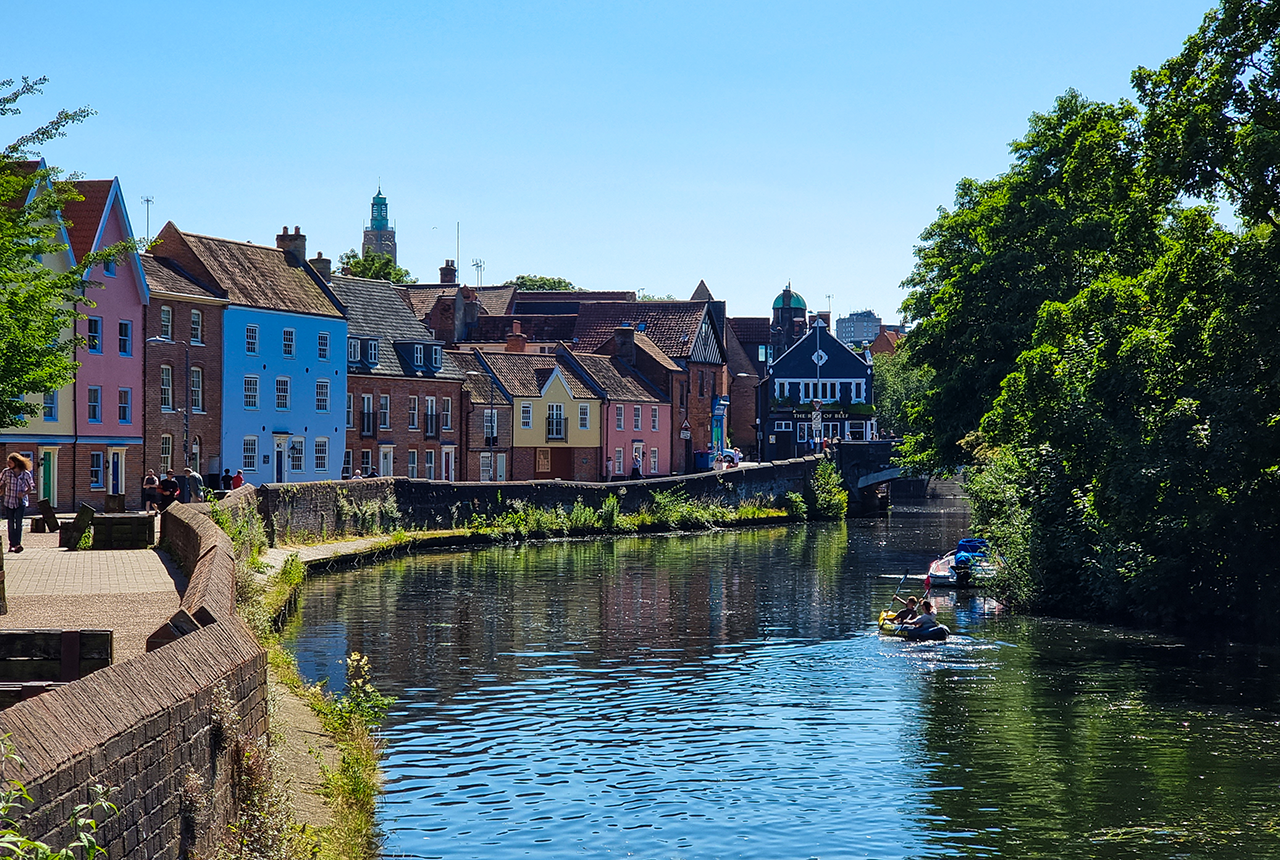
Modern pesticides found in UK rivers could pose risk to aquatic life
17/06/2025
New research shows that modern pesticides used in agriculture and veterinary medicines have been found for the first time in English rivers.

Goldilocks zones: ‘geological super regions’ set to drive annual £40 billion investment in jobs and economic growth
10/06/2025
Eight UK regions identified as ‘just right’ in terms of geological conditions to drive the country’s net zero energy ambitions.
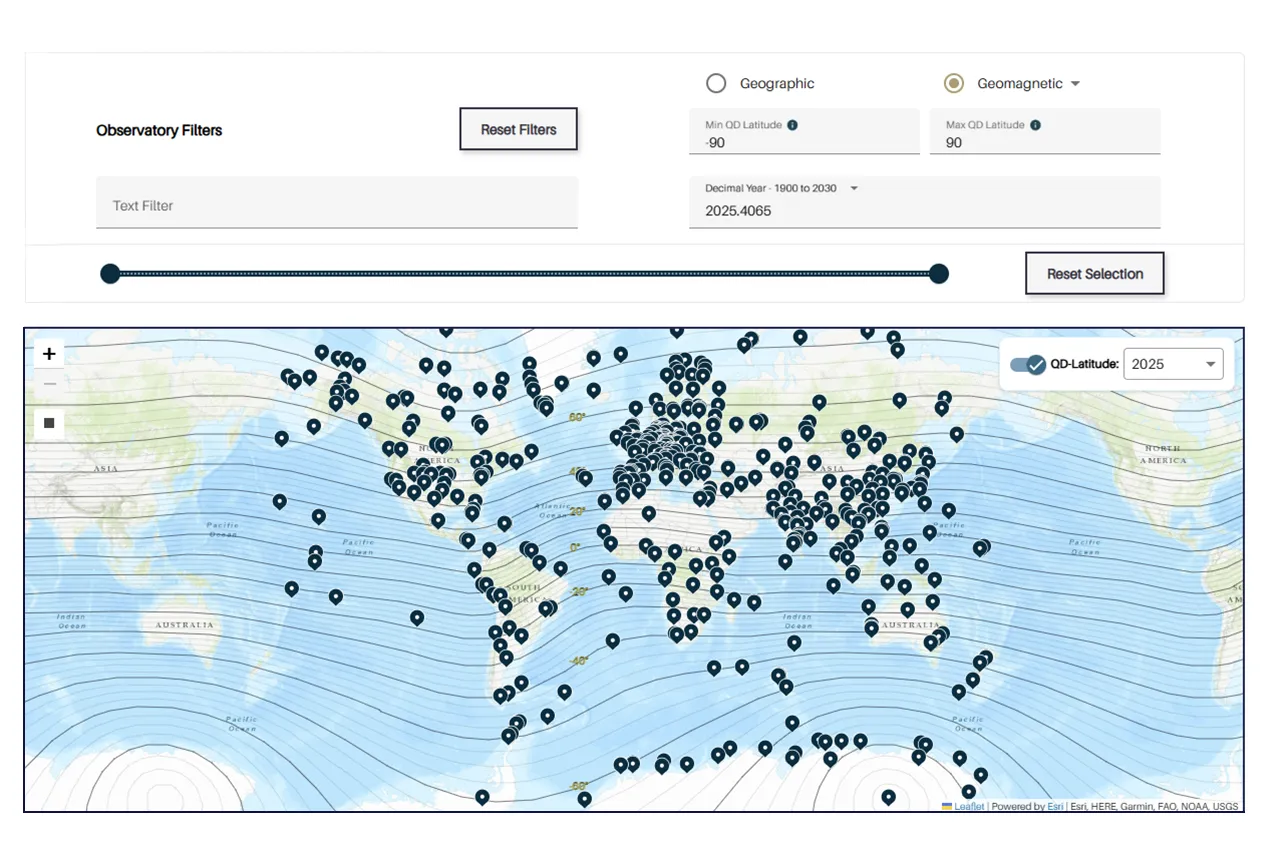
Upgraded web portal improves access to geomagnetism data
02/06/2025
BGS’s geomagnetism portal, which holds data for over 570 observatories across the world, has received a significant update.

BGS digital geology maps: we want your feedback
29/05/2025
BGS is asking for user feedback on its digital geological map datasets to improve data content and delivery.

What is the impact of drought on temperate soils?
22/05/2025
A new BGS review pulls together key information on the impact of drought on temperate soils and the further research needed to fully understand it.
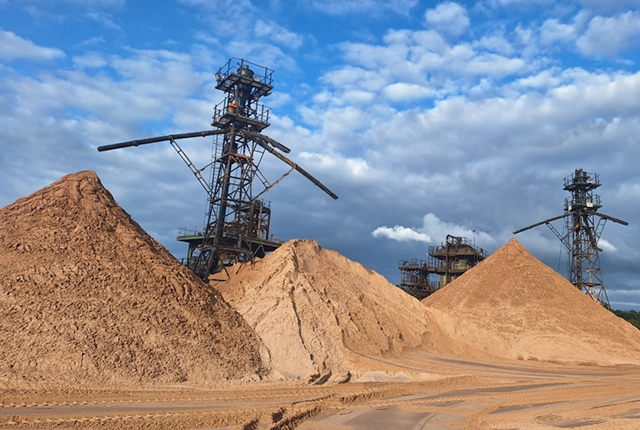
UK Minerals Yearbook 2024 released
21/05/2025
The annual publication provides essential information about the production, consumption and trade of UK minerals up to 2024.

BGS scientists join international expedition off the coast of New England
20/05/2025
Latest IODP research project investigates freshened water under the ocean floor.

New interactive map viewer reveals growing capacity and rare earth element content of UK wind farms
16/05/2025
BGS’s new tool highlights the development of wind energy installations over time, along with their magnet and rare earth content.

UKRI announce new Chair of the BGS Board
01/05/2025
Prof Paul Monks CB will step into the role later this year.



